Platforms like Replika or Character.ai are marketed to teens as playful, intelligent, and empathetic “friends.” Apps like CrushOn.AI and DreamGF (a chatbot that poses as an AI girlfriend) also highlight the appeal of experimenting with romantic or sexual chat.
According to Dr Gordon Ingram and Master Vu Bich Phuong - lecturers in Psychology at RMIT University, generative AI and AI companions are increasingly popular among young people. “Like social media, these new uses of AI raise big questions for parents about their ability to control the content their children can access,” said Dr Gordon Ingram.
According to Master Vu Bich Phuong, young children may attribute human-like characteristics to AI chatbots, viewing them as sentient or emotionally aware. This can lead to one-way social interactions, in which children form a one-sided emotional bond with AI similar to that with cartoon characters or celebrities, “which raises concerns about whether such interactions can replace real interactions with friends in children’s social development?”.
When children are not exposed to challenging situations with their peers, they may have lower tolerance for discomfort, less resilience to rejection, or even more impulsiveness, traits often seen in anxiety and social withdrawal, says Ms Phuong. “With the explosion of one-way social interactions between children and AI tools, this is an urgent topic that needs further research,” she says.
According to Ms. Phuong, similar age restrictions should be applied to AI. The reason is that unlike social networks, AI companions simulate back-and-forth conversations and can have a more profound impact on the psychology of vulnerable children. Without regulations, children may mistakenly believe that every response from AI is morally or socially appropriate. In addition, while platforms like YouTube or Facebook allow for easy reporting of inappropriate content, the reporting mechanisms of many generative AI platforms are not transparent to children and parents.
RMIT academics recommend that policymakers require AI platforms to design age-appropriate apps, verify age and allow for content moderation settings to ensure child safety. Mechanisms for reporting harmful content must also be readily available and accessible. “As AI becomes part of the daily lives of children in Vietnam and around the world , we must proceed with caution. Artificial intelligence can be a powerful learning aid, but it cannot replace the rich and natural human intelligence that enables us to live in the emotional world of human relationships,” Dr Ingram stressed.
Uyen Na
Source: https://baophapluat.vn/ai-sang-tao-noi-dung-khi-tre-lam-tuong-ao-that-post550555.html





![[Photo] Cat Ba - Green island paradise](/_next/image?url=https%3A%2F%2Fvphoto.vietnam.vn%2Fthumb%2F1200x675%2Fvietnam%2Fresource%2FIMAGE%2F2025%2F12%2F04%2F1764821844074_ndo_br_1-dcbthienduongxanh638-jpg.webp&w=3840&q=75)

![[Photo] 60th Anniversary of the Founding of the Vietnam Association of Photographic Artists](/_next/image?url=https%3A%2F%2Fvphoto.vietnam.vn%2Fthumb%2F1200x675%2Fvietnam%2Fresource%2FIMAGE%2F2025%2F12%2F05%2F1764935864512_a1-bnd-0841-9740-jpg.webp&w=3840&q=75)



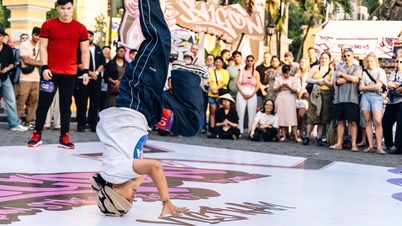


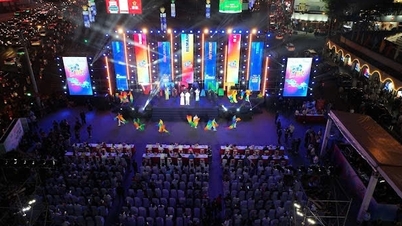










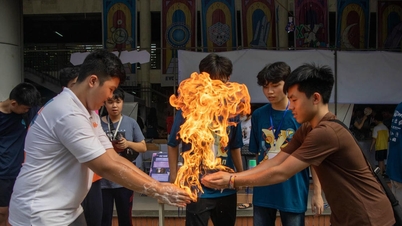
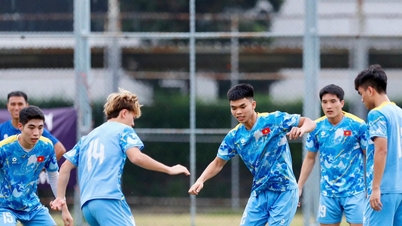
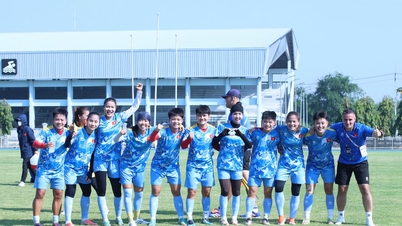










































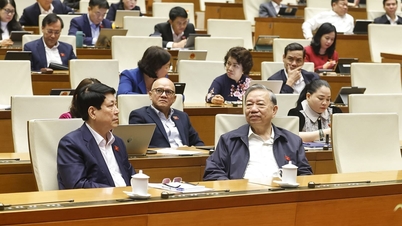







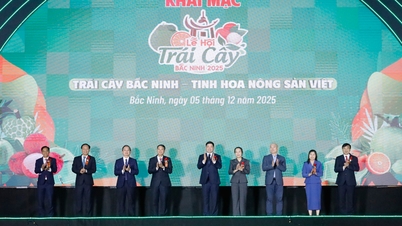





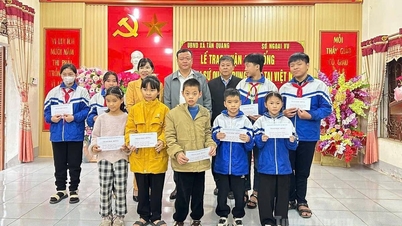

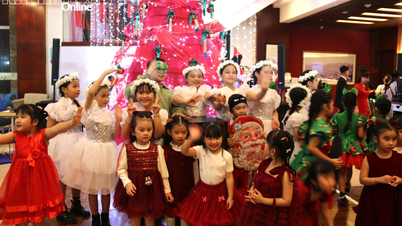
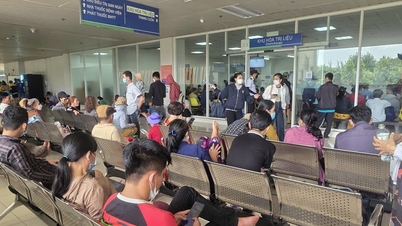

















Comment (0)